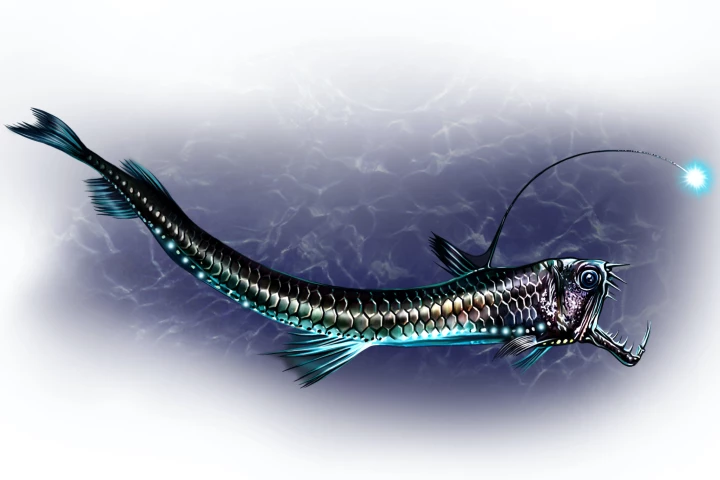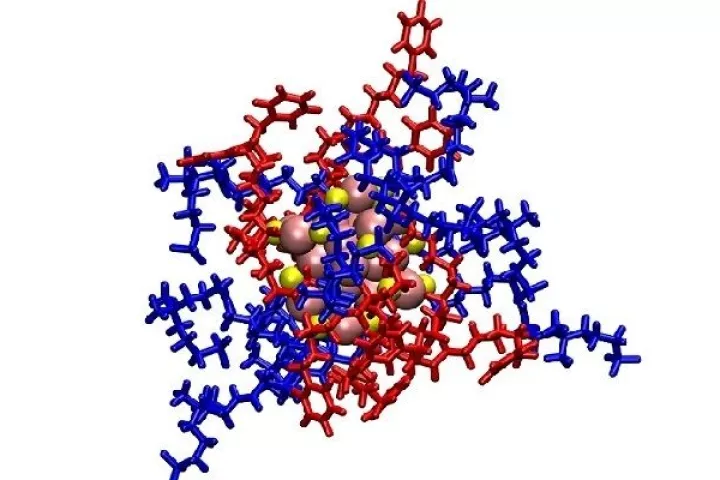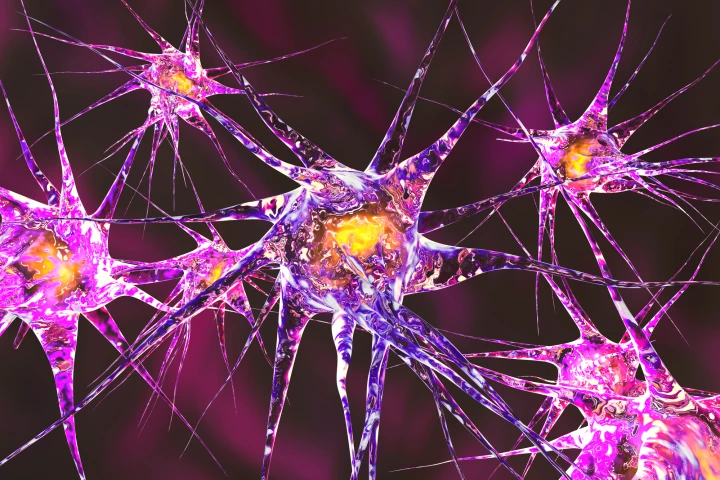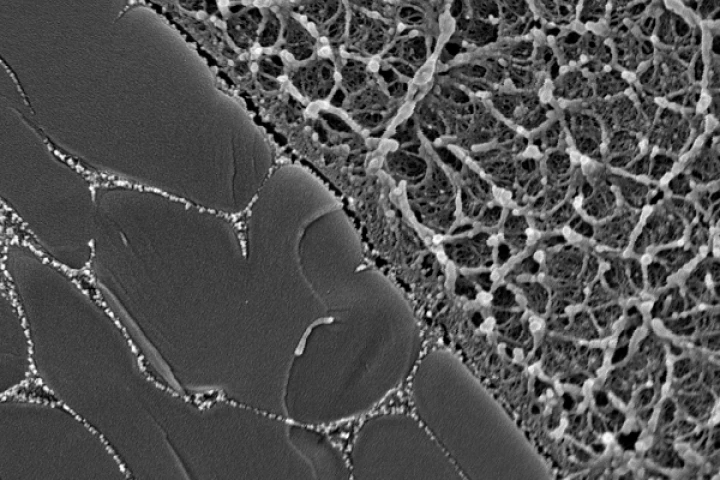University of Leeds
-
Researchers have discovered that limiting a certain enzyme can have a dramatic impact in protecting against the effects of Alzheimer's disease. The finding could lead to a new class of drugs that fight the disease.
-
The industrial sector is responsible for about 25% of global CO2 emissions – or about 9.3 billion metric tonnes per year and growing. But a team at the University of Leeds says we don't need to wait for magical new tech to clean most of it up.
-
Our Sun is capable of terrifying outbursts – and now scientists have discovered evidence of its biggest tantrum on record. Tree rings dating back 14,000 years contain a radiocarbon spike twice as powerful as the previous biggest known solar storm.
-
Using an artificial tongue, researchers figured out just why chocolate feels so good in our mouths. They say it all comes down to when the fat is released, which could lead to a healthier chocolate bar that still delivers all the joy.
-
It was just this week that we heard about the SPD1, a spider-inspired robot designed to inspect sewer lines. Well, it looks like the bot won't be alone down there, as the recently announced Joey robot is designed to do exactly the same thing.
-
Ever wonder how deep-sea fish are able to survive in an environment where the water pressure would kill us humans? Well, the secret lies in a chemical that occurs naturally in their cells – and we now have a new understanding of how it works.
-
A thin new robot developed at the University of Leeds designed to diagnose and treat cancer takes the shape of a tentacle, which can be magnetically guided into the depths of the lungs to inspect suspicious lesions or deliver drugs.
-
Scientists may have found a way to re-enlist old antibiotics in the fight against superbugs. Gold nanoparticles were wrapped in molecules that seek out bacteria and disrupt their cell membranes, allowing existing drugs to kill them easier.
-
The concept of a home ground advantage, where teams play in familiar surrounds in front of their own adoring fans, is broadly accepted as having a major bearing on match-day performance, but exactly how much benefit does it bring?
-
An intriguing study is proposing an innovative method to treat age-related memory loss. The preclinical research shows memory decline in aging mice can be reversed by manipulating the composition of structures in the brain known as perineuronal nets.
-
As anyone with arthritis will know, cartilage plays a vital role in allowing our joints to move freely. Scientists have now replicated its qualities in a synthetic self-lubricating material, that only needs occasional infusions of water.
-
Geologists have discovered a new type of rock. While drilling deep into the seafloor, a team of scientists found a new form of basalt vastly different from any other on Earth, and the planet hasn’t produced any more of it for millions of years.
Load More











